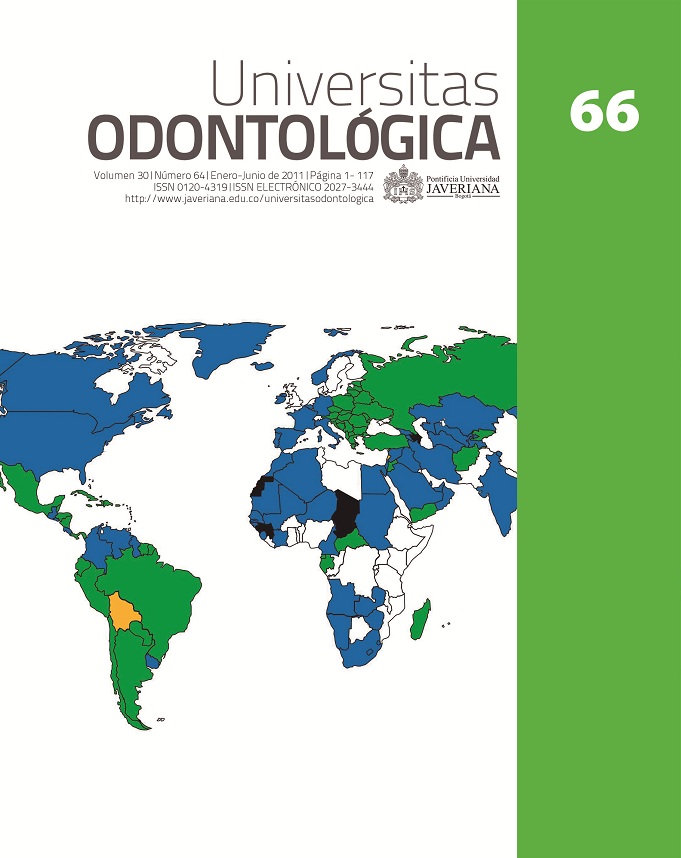Abstract
En cuanto elemento del discurso empresarial, la educación basada en las competencias surge asociada a procesos de reestructuración productiva que caracterizaron la economía a partir de los años setenta, dada la crisis del modelo de acumulación basado en la producción y consumo en masa, apoyado en los principios del taylorismo y del fordismo. En las décadas recientes, al Estado le resulta imposible cumplir con las tareas de resolver las crisis económicas periódicas del capitalismo tardío, lo cual hace que el Estado se aparte de su misión económica y patrocine los mecanismos de mercado, al mismo tiempo que trata de manejar la crisis de motivación poblacional. Este desafío lo obliga a interesarse en el mundo vital de los individuos para intentar resolver la crisis de legitimidad, mediante reformas educativas que afectan el mundo del trabajo. Queda explícita la relación entre los cambios vertiginosos del mundo laboral y una nueva formación educativa que considere al mismo tiempo la capacidad de gestión, de aprender, de trabajo grupal y de autocapacitarse. Se deriva una relación directa entre los cambios tecnológicos, la crisis estructural del capitalismo y la organización del trabajo y se sustituye el término de calificación por el de formación por competencias.
As a component of business discourse, competency-based education emerges associated with productive restructuring processes that characterized the economy since 1970. These processes arise as a consequence of the crisis of the mass accumulation model based on production and consumption following the principles of Taylorism and Fordism. In the last decades, the State has been unable to solve the periodic crises that afflict late capitalism. Because of this, the State moves away from its economic mission by promoting marketing mechanisms and, in the meantime, tries to manage the motivational crisis of the population. This challenge forces the State to take interest in the vital world of individuals trying to solve the legitimacy crisis through educational reforms that affect the world of work. The relationship between the vertiginous changes of the world of work and a new educational approach is explicit. The latter must include management capacity, learning capacity, teamwork capacity, and self-training. A direct relationship between the technological advance, the structural crisis of capitalism, and the division of labor results from that situation and the term “qualification” is replaced with “competency formation”.
This journal is registered under a Creative Commons Attribution 4.0 International Public License. Thus, this work may be reproduced, distributed, and publicly shared in digital format, as long as the names of the authors and Pontificia Universidad Javeriana are acknowledged. Others are allowed to quote, adapt, transform, auto-archive, republish, and create based on this material, for any purpose (even commercial ones), provided the authorship is duly acknowledged, a link to the original work is provided, and it is specified if changes have been made. Pontificia Universidad Javeriana does not hold the rights of published works and the authors are solely responsible for the contents of their works; they keep the moral, intellectual, privacy, and publicity rights.
Approving the intervention of the work (review, copy-editing, translation, layout) and the following outreach, are granted through an use license and not through an assignment of rights. This means the journal and Pontificia Universidad Javeriana cannot be held responsible for any ethical malpractice by the authors. As a consequence of the protection granted by the use license, the journal is not required to publish recantations or modify information already published, unless the errata stems from the editorial management process. Publishing contents in this journal does not generate royalties for contributors.


